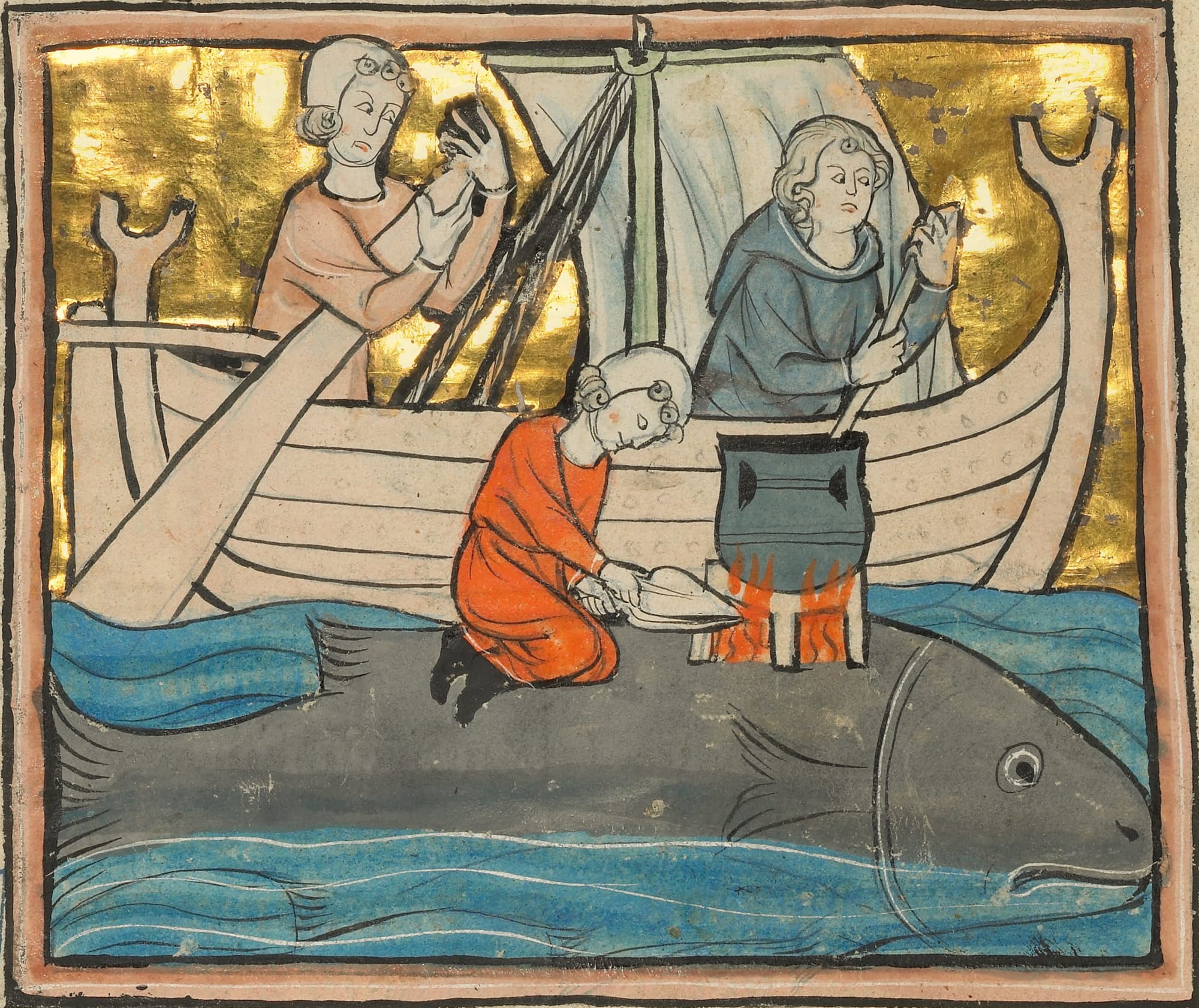Unlike with Marxism's venerated namesake, the great Karl Marx himself, it has always been difficult to pin down a canon of anarchist thinkers. There are no schools of thought that venerate Kropotkin, Goldman or Malatesta. This is, of course, very typical of anarchism's "no gods no masters" approach to theory and practise. Nonetheless, it is always helpful to have some names at hand that someone may become acquainted with, and whose works can be read to introduce them to the basics of anarchist thought.
Although not claiming to define what the "anarchist canon" is, Dog Section Press' most recent release (as of September 2020), Great Anarchists, certainly grapples with the subject. Written by the Ruth Kinna, a professor of Political Theory at Loughborough University, and illustrated by Clifford Harper, an illustrator and militant anarchist, their book offers a series of short, accessible biographies introducing the reader to the life and thought of so-called "great" figures to the likes of Peter Kropotkin, Lucy Parsons, Max Stiner and Errico Malatesta. This collection, or 'theoretical toolbox', has been presented not as dogma, but as an overview of the theory of past anarchists which we today can 'use, amend and adapt'. This is made clear in the introduction:
'Although these contexts were special, many of the issues the anarchists wrestled with still plague our lives. Anarchists developed a body of writing about power, domination, injustice and exploitation, education, prisons and a lot more besides.'
The message of Great Anarchist's is this: we must not be confined by the specific historical circumstances of past anarchists, but we must neither forget the breadth of their words and actions, and the lessons we can learn from them. It is this breadth, in particular, that I like so much about the book. Kinna makes great use of the relatively short amount of pages, deftly choosing the "great anarchists" that not only allow her to cover a lot of ground, but which also allow her to cover subjects still applicable to us today. The title to this review, in fact, comes from a distillation of Errico Malatesta's praxis (Italian anarchist, 1853-1932); an important set of principles that mattered as much today as they did in centuries past.
It is due to this variety of relevant topics that the reader can enjoy writings about: anarchism and its link (or lack thereof) to right-libertarianism; the movement from slavery to wage-slavery; sexism in anarchist circles; philosophy and dialectical materialism; the law and the prison system, and many such relevant subjects scattered amongst the various biographies. Giving the collection a little more flavour, also, is the inclusion of figures not typically found in anarchist reading lists. Oscar Wilde is the most obvious of these, especially when he replaces more well known and "standard" anarchists such as Emma Goldman or Rudolf Rocker. We, however, agree with Freedom Press' review that such a choice is to Kinna and the book's advantage. Rather than offering a strict definition of what makes someone an anarchist, the book sets the standard for a wider, more inclusive understanding of anarchism that can stretch beyond its typical confines. Another welcome inclusion is Max Stirner, whose thought is well worth understanding despite the fact that recent anarchists have, as emphasised by the book, 'rejected him from anarchism’s history.'
What can also be appreciated in Great Anarchists is the honesty in which it approaches the negative sides of the "greats" of the anarchist canon. Those worried that it might ignore the prejudice of both Bakunin and Proudhon, for example, should not. The fact that Kinna is frank about both 'Bakunin's cultural stereotyping and anti-semitism', and Proudhon's 'anti-semitism and anti-feminism' is expected but still refreshing.
It is certainly true that everything said in Great Anarchists is excellent. The only flaw of the book comes rather in what was left unsaid. The anarchists chosen in Kinna's work, for all their greatness, only offer a European and North-American perspective which is, bar Lucy Parsons, a white one. This restricts the applicability of the work to the European tradition, which, attempting as it does to lay out the "greats" of anarchist history, does not help anarchism's image as an ideology dominated by eurocentrism. This, of course, could simply be down to the area of interest and expertise of the writer, and Great Anarchists by no means presents itself as a definitive list. The work certainly needs expanding, however, or at least given a sequel, if it is to provide us with a fuller and more relevant perspective on anarchism.
That being said, Great Anarchists is an absolutely fantastic introduction to the life and work of the figures included, and makes a great read for both new and old anarchists alike. Ruth Kinna's writing is clear and to the point, and presents concepts and topics on a variety of subjects in a well-expressed and accessible way. Clifford Harper's illustrations are a wonderful addition, and make the book as much of a work of art as it is a 'theoretical toolbox'.
You may pick up the book directly from Dog Section Press' site for £6. Buy it to support a great anarchist publisher, share it to help educate others, and use its lessons wisely in your fight for revolution.
Image from Dog Section Press.
Special thanks to our patrons, John Walker, BoringAsian, Mr Jake P Walker, Joseph Sharples, Josh Stead, Dave, Bliss, Hol, Aryeh Calvin, Rylee Lawson, Meghan Morales
If you want to help us develop our publication please consider becoming a patron:





